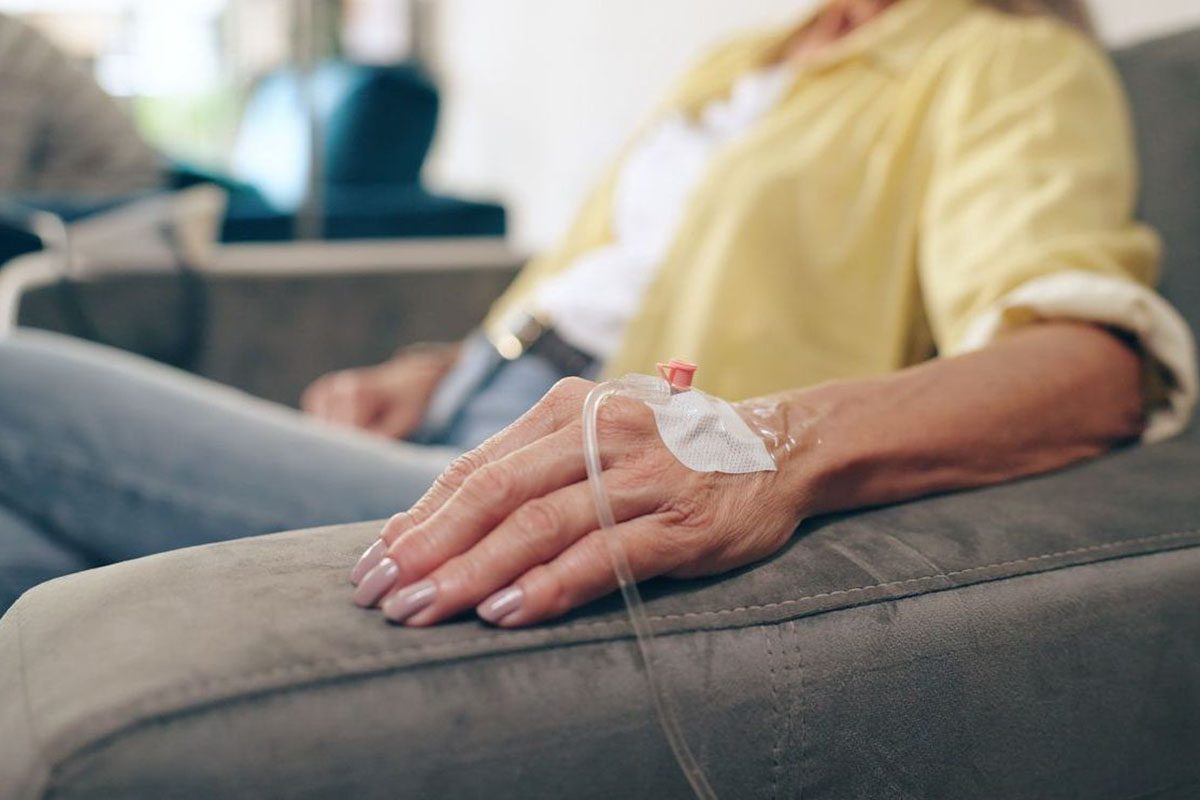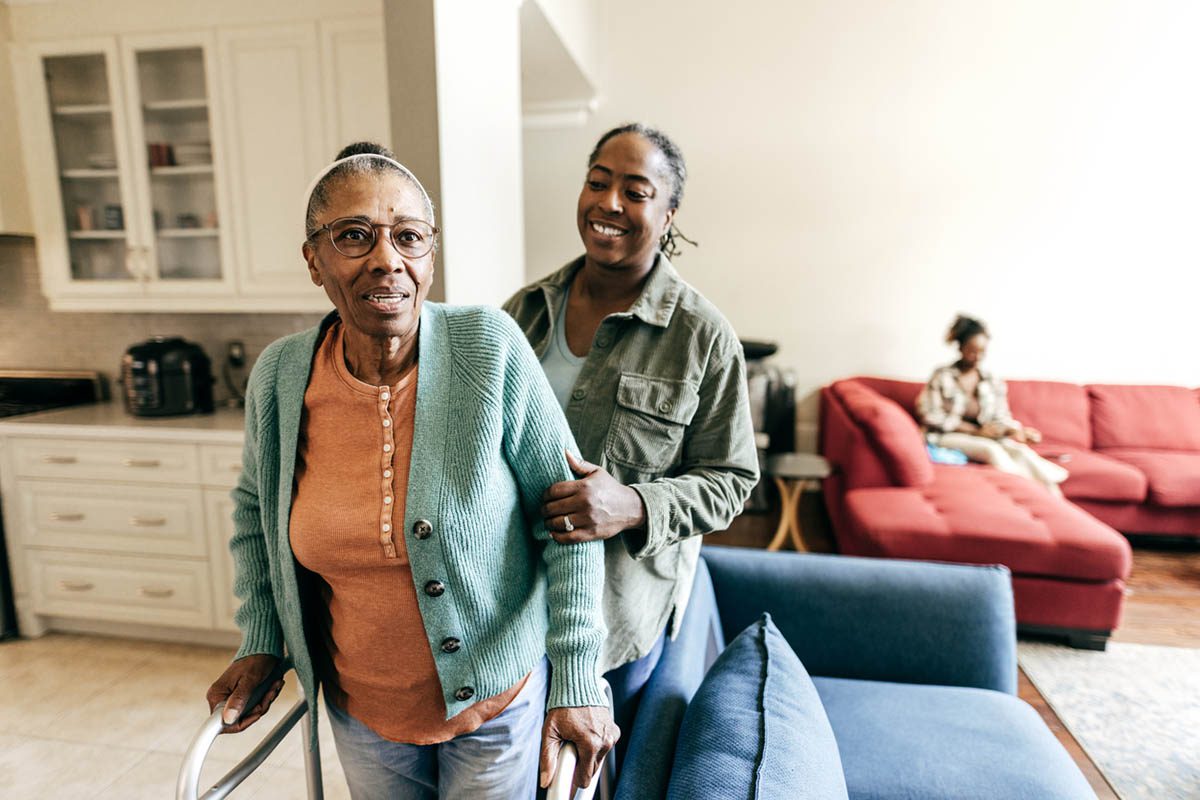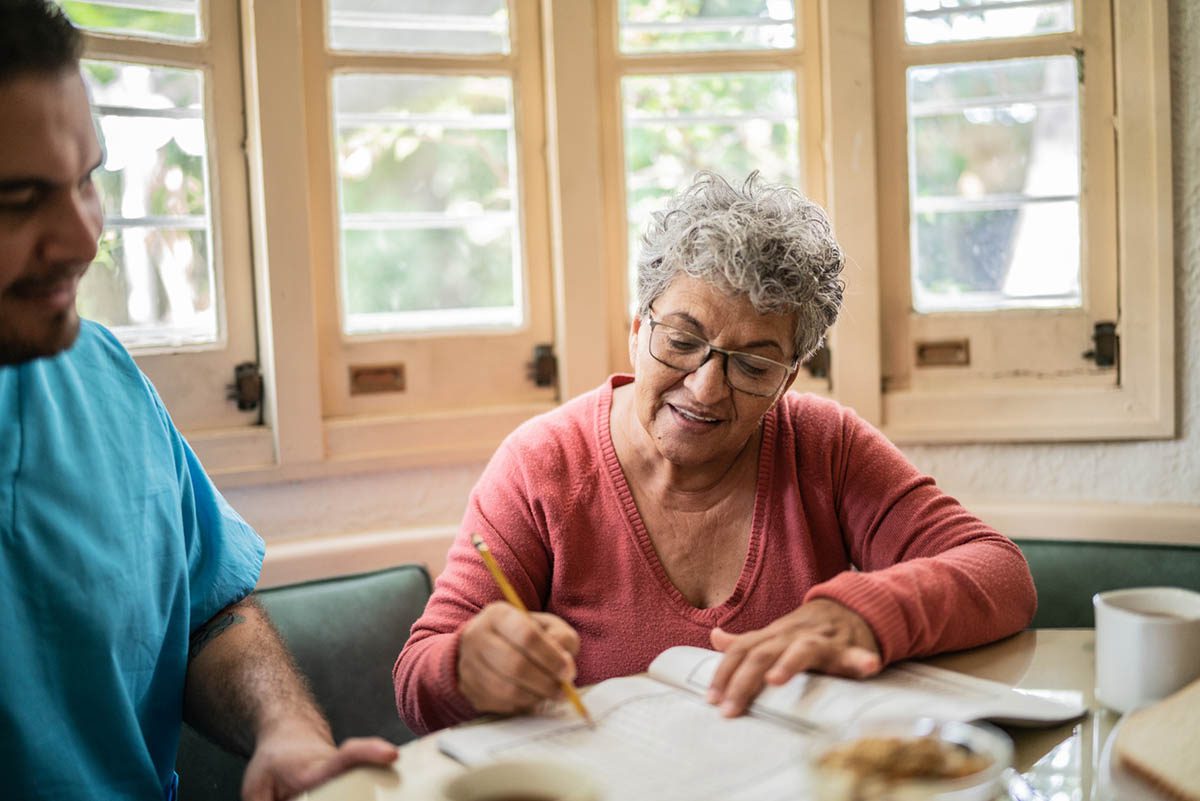ABSTRACT
Objective: Delirium is a common feature in COVID-19 patients. Although its association with in-hospital mortality has previously been reported, data concerning postdischarge mortality and delirium subtypes are scarce. We evaluated the association between delirium and its subtypes and both in-hospital and postdischarge mortality.
Methods: This multicenter longitudinal clinical-based study was conducted in Monza and Brescia, Italy. The study population included 1,324 patients (median age: 68 years) with COVID-19 admitted to 4 acute clinical wards in northern Italy during the first pandemic waves (February 2020 to January 2021). Delirium within 48 hours of hospital admission was assessed through validated scores and/or clinically according to DSM-5 criteria. The association of delirium—and its subtypes—with in-hospital and postdischarge mortality (over a median observation period of 257 [interquartile range: 189–410] days) was evaluated through Cox proportional hazards models.
Results: The 223 patients (16.8%) presenting delirium had around 2-fold increased in-hospital (hazard ratio [HR] = 1.94; 95% CI, 1.38–2.73) and postdischarge (HR = 2.01; 95% CI, 1.48–2.73) mortality than those without delirium. All delirium subtypes were associated with greater risk of death compared to the absence of delirium, but hypoactive delirium revealed the strongest associations with both in-hospital (HR = 2.03; 95% CI, 1.32–3.13) and postdischarge (HR = 2.22; 95% CI, 1.52–3.26) mortality.
Conclusions: In patients with COVID-19, early onset delirium is associated not only with in-hospital mortality but also with shorter postdischarge survival. This suggests that delirium detection and management are crucial to improving the prognosis of COVID-19 patients.
Trial Registration: ClinicalTrials.gov identifier: NCT04412265.
J Clin Psychiatry 2023;84(5):22m14565
Author affiliations are listed at the end of this article.
Continue Reading...
Members enjoy unlimited free PDF downloads as part of their subscription! Subscribe today for instant access to this article and our entire library in your preferred format. Alternatively, you can purchase the PDF of this article individually.
References (53)

- Bellelli G, Morandi A, Di Santo SG, et al; Italian Study Group on Delirium (ISGoD). “Delirium Day”: a nationwide point prevalence study of delirium in older hospitalized patients using an easy standardized diagnostic tool. BMC Med. 2016;14(1):106. PubMed CrossRef
- Morandi A, Di Santo SG, Cherubini A, et al; ISGoD Group. Clinical features associated with delirium motor subtypes in older inpatients: results of a multicenter study. Am J Geriatr Psychiatry. 2017;25(10):1064–1071. PubMed CrossRef
- Korevaar JC, van Munster BC, de Rooij SE. Risk factors for delirium in acutely admitted elderly patients: a prospective cohort study. BMC Geriatr. 2005;5(1):6. PubMed CrossRef
- Tabbì L, Tonelli R, Comellini V, et al; Respiratory Intensive Care Study group. Delirium incidence and risk factors in patients undergoing non-invasive ventilation for acute respiratory failure: a multicenter observational trial. Minerva Anestesiol. 2022;88(10):815–826. PubMed CrossRef
- Zhang M, Zhang X, Gao L, et al. Incidence, predictors and health outcomes of delirium in very old hospitalized patients: a prospective cohort study. BMC Geriatr. 2022;22(1):262. PubMed CrossRef
- Wilson JE, Mart MF, Cunningham C, et al. Delirium. Nat Rev Dis Primers. 2020;6(1):90. PubMed CrossRef
- Rebora P, Rozzini R, Bianchetti A, et al; CoViD-19 Lombardia Team. Delirium in patients with SARS-CoV-2 infection: a multicenter study. J Am Geriatr Soc. 2021;69(2):293–299. PubMed CrossRef
- Kennedy M, Helfand BKI, Gou RY, et al. Delirium in older patients with COVID-19 presenting to the emergency department. JAMA Netw Open. 2020;3(11):e2029540. PubMed CrossRef
- Shao SC, Lai CC, Chen YH, et al. Prevalence, incidence and mortality of delirium in patients with COVID-19: a systematic review and meta-analysis. Age Ageing. 2021;50(5):1445–1453. PubMed CrossRef
- Helms J, Kremer S, Merdji H, et al. Neurologic features in severe SARS-CoV-2 infection. N Engl J Med. 2020;382(23):2268–2270. PubMed CrossRef
- Inouye SK. The importance of delirium and delirium prevention in older adults during lockdowns. JAMA. 2021;325(17):1779–1780. PubMed CrossRef
- Wenzel J, Lampe J, Müller-Fielitz H, et al. The SARS-CoV-2 main protease Mpro causes microvascular brain pathology by cleaving NEMO in brain endothelial cells. Nat Neurosci. 2021;24(11):1522–1533. PubMed CrossRef
- Morandi A, Rebora P, Isaia G, et al. Delirium symptoms duration and mortality in SARS-COV2 elderly: results of a multicenter retrospective cohort study. Aging Clin Exp Res. 2021;33(8):2327–2333. PubMed CrossRef
- Zazzara MB, Penfold RS, Roberts AL, et al. Probable delirium is a presenting symptom of COVID-19 in frail, older adults: a cohort study of 322 hospitalised and 535 community-based older adults. Age Ageing. 2021;50(1):40–48. PubMed CrossRef
- Adamis D, Macdonald A, McCarthy G, et al. Towards understanding the nature and need of delirium guidelines across nations and cultures. Aging Clin Exp Res. 2022;34(3):633–642. PubMed CrossRef
- Peterson A, Marengoni A, Shenkin S, et al. Delirium in COVID-19: common, distressing and linked with poor outcomes…can we do better? Age Ageing. 2021;50(5):1436–1438. PubMed CrossRef
- Odone A, Delmonte D, Scognamiglio T, et al. COVID-19 deaths in Lombardy, Italy: data in context. Lancet Public Health. 2020;5(6):e310. PubMed CrossRef
- Regione Lombardia. Covid in Lombardia, i dati di. December 31, 2020. Accessed November 12, 2022. https://www.lombardianotizie.online/coronavirus-lombardia-dicembre-2020
- Rebora P, Focà E, Salvatori A, et al; FRACoViD Team. The effect of frailty on in-hospital and medium-term mortality of patients with COronaVIrus Disease-19: the FRACOVID study. Panminerva Med. 2022;64(1):24–30. PubMed CrossRef
- Rockwood K, Mitnitski A. Frailty in relation to the accumulation of deficits. J Gerontol A Biol Sci Med Sci. 2007;62(7):722–727. PubMed CrossRef
- Sessler CN, Gosnell MS, Grap MJ, et al. The Richmond Agitation-Sedation Scale: validity and reliability in adult intensive care unit patients. Am J Respir Crit Care Med. 2002;166(10):1338–1344. PubMed CrossRef
- Chester JG, Beth Harrington M, Rudolph JL; VA Delirium Working Group. Serial administration of a modified Richmond Agitation and Sedation Scale for delirium screening. J Hosp Med. 2012;7(5):450–453. PubMed CrossRef
- Morandi A, Han JH, Meagher D, et al. Detecting delirium superimposed on dementia: evaluation of the diagnostic performance of the Richmond Agitation and Sedation Scale. J Am Med Dir Assoc. 2016;17(9):828–833. PubMed CrossRef
- Bellelli G, Morandi A, Davis DHJ, et al. Validation of the 4AT, a new instrument for rapid delirium screening: a study in 234 hospitalised older people. Age Ageing. 2014;43(4):496–502. PubMed CrossRef
- Shenkin SD, Fox C, Godfrey M, et al. Delirium detection in older acute medical inpatients: a multicentre prospective comparative diagnostic test accuracy study of the 4AT and the confusion assessment method. BMC Med. 2019;17(1):138. PubMed CrossRef
- Saller T, MacLullich AMJ, Schäfer ST, et al. Screening for delirium after surgery: validation of the 4 A’s test (4AT) in the post-anaesthesia care unit. Anaesthesia. 2019;74(10):1260–1266. PubMed CrossRef
- American Psychiatric Association. Diagnostic and Statistical Manual of Mental Disorders, Fifth Edition. American Psychiatric Association; 2013.
- R Development Core Team. R: a language and environment for statistical computing. R Foundation for Statistical Computing. 2008. http://www.R-project.org
- Mendes A, Herrmann FR, Périvier S, et al. Delirium in older patients with COVID-19: prevalence, risk factors, and clinical relevance. J Gerontol A Biol Sci Med Sci. 2021;76(8):e142–e146. PubMed CrossRef
- Pun BT, Badenes R, Heras La Calle G, et al; COVID-19 Intensive Care International Study Group. Prevalence and risk factors for delirium in critically ill patients with COVID-19 (COVID-D): a multicentre cohort study. Lancet Respir Med. 2021;9(3):239–250. PubMed CrossRef
- Marcantonio ER. Delirium in hospitalized older adults. N Engl J Med. 2017;377(15):1456–1466. PubMed CrossRef
- Hughes CG, Hayhurst CJ, Pandharipande PP, et al. Association of delirium during critical illness with mortality: multicenter prospective cohort study. Anesth Analg. 2021;133(5):1152–1161. PubMed CrossRef
- McCusker J, Cole M, Abrahamowicz M, et al. Delirium predicts 12-month mortality. Arch Intern Med. 2002;162(4):457–463. PubMed CrossRef
- Pagali S, Fu S, Lindroth H, et al. Delirium occurrence and association with outcomes in hospitalized COVID-19 patients. Int Psychogeriatr. 2021;33(10):1105–1109. PubMed CrossRef
- García-Cabrera L, Pérez-Abascal N, Montero-Errasquín B, et al. Characteristics, hospital referrals and 60-day mortality of older patients living in nursing homes with COVID-19 assessed by a liaison geriatric team during the first wave: a research article. BMC Geriatr. 2021;21(1):610. PubMed CrossRef
- Saini A, Oh TH, Ghanem DA, et al. Inflammatory and blood gas markers of COVID-19 delirium compared to non-COVID-19 delirium: a cross-sectional study. Aging Ment Health. 2022;26(10):2054–2061. PubMed CrossRef
- Mueller AL, McNamara MS, Sinclair DA. Why does COVID-19 disproportionately affect older people? Aging (Albany NY). 2020;12(10):9959–9981. PubMed CrossRef
- Hewitt J, Carter B, Vilches-Moraga A, et al; COPE Study Collaborators. The effect of frailty on survival in patients with COVID-19 (COPE): a multicentre, European, observational cohort study. Lancet Public Health. 2020;5(8):e444–e451. PubMed CrossRef
- Aw D, Woodrow L, Ogliari G, et al. Association of frailty with mortality in older inpatients with COVID-19: a cohort study. Age Ageing. 2020;49(6):915–922. PubMed CrossRef
- Marengoni A, Zucchelli A, Vetrano DL, et al. Beyond chronological age: frailty and multimorbidity predict in-hospital mortality in patients with coronavirus disease 2019. J Gerontol A Biol Sci Med Sci. 2021;76(3):e38–e45. PubMed CrossRef
- Persico I, Cesari M, Morandi A, et al. Frailty and delirium in older adults: a systematic review and meta-analysis of the literature. J Am Geriatr Soc. 2018;66(10):2022–2030. PubMed CrossRef
- Mazzola P, Tassistro E, Di Santo S, et al. The relationship between frailty and delirium: insights from the 2017 Delirium Day study. Age Ageing. 2021;50(5):1593–1599. PubMed CrossRef
- Robinson TN, Raeburn CD, Tran ZV, et al. Motor subtypes of postoperative delirium in older adults. Arch Surg. 2011;146(3):295–300. PubMed CrossRef
- Morandi A, Zambon A, Di Santo SG, et al; Italian Study Group on Delirium (ISGoD). Understanding factors associated with psychomotor subtypes of delirium in older inpatients with dementia. J Am Med Dir Assoc. 2020;21(4):486–492.e7. PubMed CrossRef
- Rawle MJ, Bertfield DL, Brill SE. Atypical presentations of COVID-19 in care home residents presenting to secondary care: A UK single centre study. Aging Med (Milton). 2020;3(4):237–244. PubMed CrossRef
- Jackson TA, Wilson D, Richardson S, et al. Predicting outcome in older hospital patients with delirium: a systematic literature review. Int J Geriatr Psychiatry. 2016;31(4):392–399. PubMed CrossRef
- Bowman EML, Cunningham EL, Page VJ, et al. Phenotypes and subphenotypes of delirium: a review of current categorisations and suggestions for progression. Crit Care. 2021;25(1):334. PubMed CrossRef
- Mossello E, Tesi F, Di Santo SG, et al; Italian Study Group on Delirium. Recognition of delirium features in clinical practice: data from the “Delirium Day 2015” National Survey. J Am Geriatr Soc. 2018;66(2):302–308. PubMed CrossRef
- Khan SH, Lindroth H, Perkins AJ, et al. Delirium incidence, duration, and severity in critically ill patients with coronavirus disease 2019. Crit Care Explor. 2020;2(12):e0290. PubMed CrossRef
- Martinotti G, Bonanni L, Barlati S, et al. Delirium in COVID-19 patients: a multicentric observational study in Italy. Neurol Sci. 2021;42(10):3981–3988. PubMed CrossRef
- Kumar S, Veldhuis A, Malhotra T. Neuropsychiatric and cognitive sequelae of COVID-19. Front Psychol. 2021;12:577529. PubMed CrossRef
- Poloni TE, Carlos AF, Cairati M, et al. Prevalence and prognostic value of delirium as the initial presentation of COVID-19 in the elderly with dementia: an Italian retrospective study. EClinicalMedicine. 2020;26:100490. PubMed CrossRef
- Bianchetti A, Rozzini R, Guerini F, et al. Clinical presentation of COVID19 in dementia patients. J Nutr Health Aging. 2020;24(6):560–562. PubMed CrossRef
Please sign in or purchase this PDF for $40.
Save
Cite
Already a member? Login




